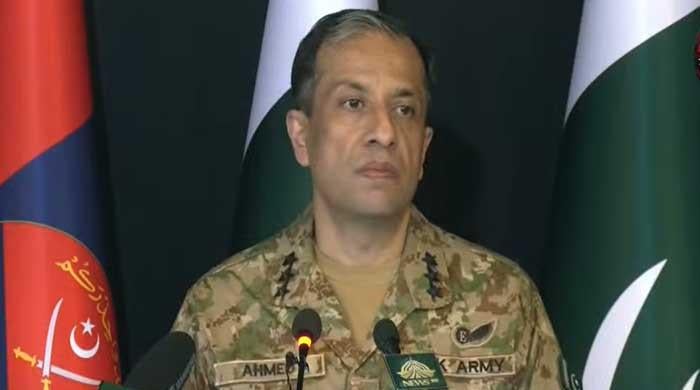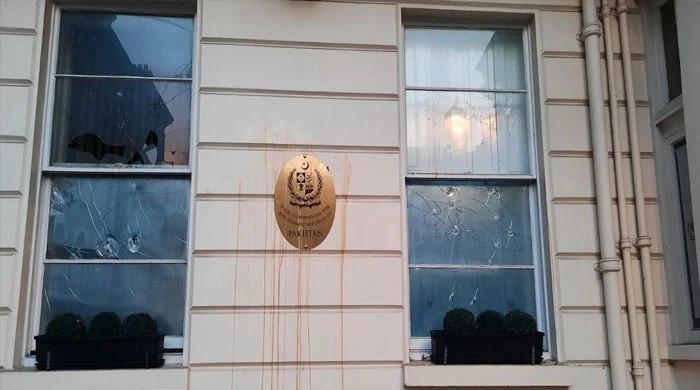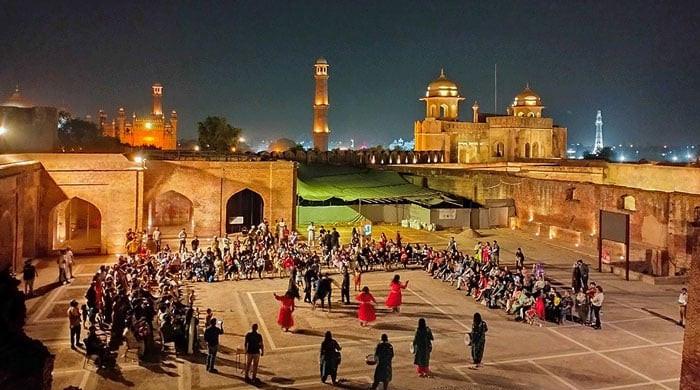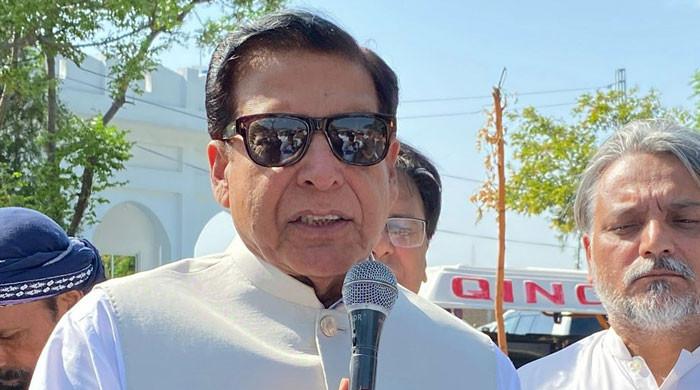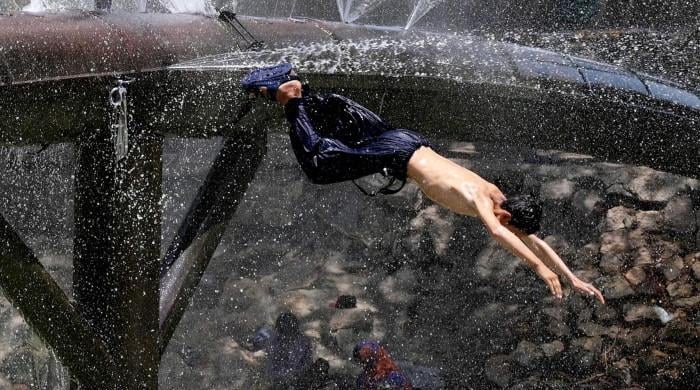Explainer: PTI's internal rifts, power struggle
PTI KP presidency shift from Gandapur to Akbar key trigger as tensions resurface
April 07, 2025
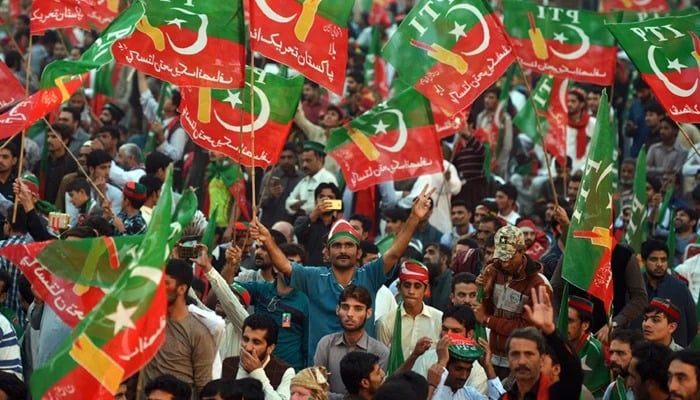
The Pakistan Tehreek-e-Insaf (PTI) is facing a deepening internal crisis, with public infighting, factional politics, and leadership disputes threatening to fracture its provincial stronghold of Khyber Pakhtunkhwa.
In a recent segment of Geo News’ morning programme “Geo Pakistan”, Bureau Chief of Geo News Peshawar Shakeel Farman Ali laid out a breakdown of PTI’s growing divisions, pointing to a series of events and decisions that have sparked the infighting now publicly playing out.
The immediate flashpoint emerged when KP Chief Minister Ali Amin Gandapur publicly criticised certain party leaders, prompting sharp reactions from senior PTI Members of the National Assembly (MNAs), including Asad Qaiser, Shahram Khan Tarakai, and Atif Khan.
The trio demanded an inquiry into the chief minister’s statement, with Atif cautioning that such remarks could undermine PTI’s movement for the release of its founder and damage efforts being made at the national level.
Rifts between Gandapur and PTI’s provincial president Junaid Akbar have also resurfaced. Although Akbar recently said the two had buried the hatchet on Imran Khan’s instructions, their power struggle remains an open secret, especially after Gandapur’s latest remarks.
The rift began simmering when the PTI founder replaced Ali Amin Gandapur as KP’s party president and handed over the position to Junaid Akbar — a member of the faction aligned with Atif Khan, Shahram Tarakai, and Shakeel Khan.
This particular group had been previously sidelined by former CM Mahmood Khan. Now, with Gandapur removed and replaced by a known rival, tensions have boiled over.
According to Farman, Gandapur viewed this group as a serious threat. The decision to appoint someone from that very camp, and not a neutral figure, has caused Gandapur to react strongly. Imran Khan sent a clear message to Gandapur by handing over the presidency to Junaid’s group.
Adding complexity to the situation, Farman highlighted the possible involvement of Bushra Bibi. Following the Islamabad sit-in, reports surfaced of a fallout between her and Gandapur, particularly regarding the decision to end the protest. Allegedly, Bushra Bibi held Gandapur responsible for the move and later conveyed her concerns directly to the PTI founder while in jail.
While Khan has publicly backed Gandapur’s performance as KP’s Chief Minister, there are murmurs within the party that his position might not be safe. Several MPAs from regions like Malakand, Mardan, Peshawar, and the southern belt are reportedly unhappy over being denied development funds.
Simultaneously, a tug-of-war is underway between KP Assembly Speaker Babar Saleem Swati and former Senator Azam Swati, adding to the already crowded battlefield of competing interests.
Former provincial finance minister Taimur Jhagra, once praised for his performance, has found himself caught in this internal discord. According to Shakeel, efforts were made by individuals close to Khan to bring Jhagra into the cabinet, possibly as an advisor or health minister.
But just as his return was being considered, an internal accountability committee launched an inquiry against him.
Jhagra himself believes the inquiry was politically motivated to block his re-entry into government. He claims Gandapur publicly said at a gathering that the CM had evidence against Jhagra. While he has told party leadership that he doesn't wish to work under a CM who opposes him, he has left the door open if Imran Khan insists.
As the disputes intensify, PTI’s central leadership has issued instructions to senior members to refrain from issuing public statements.




